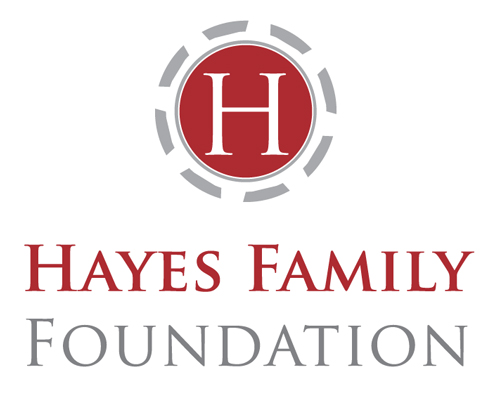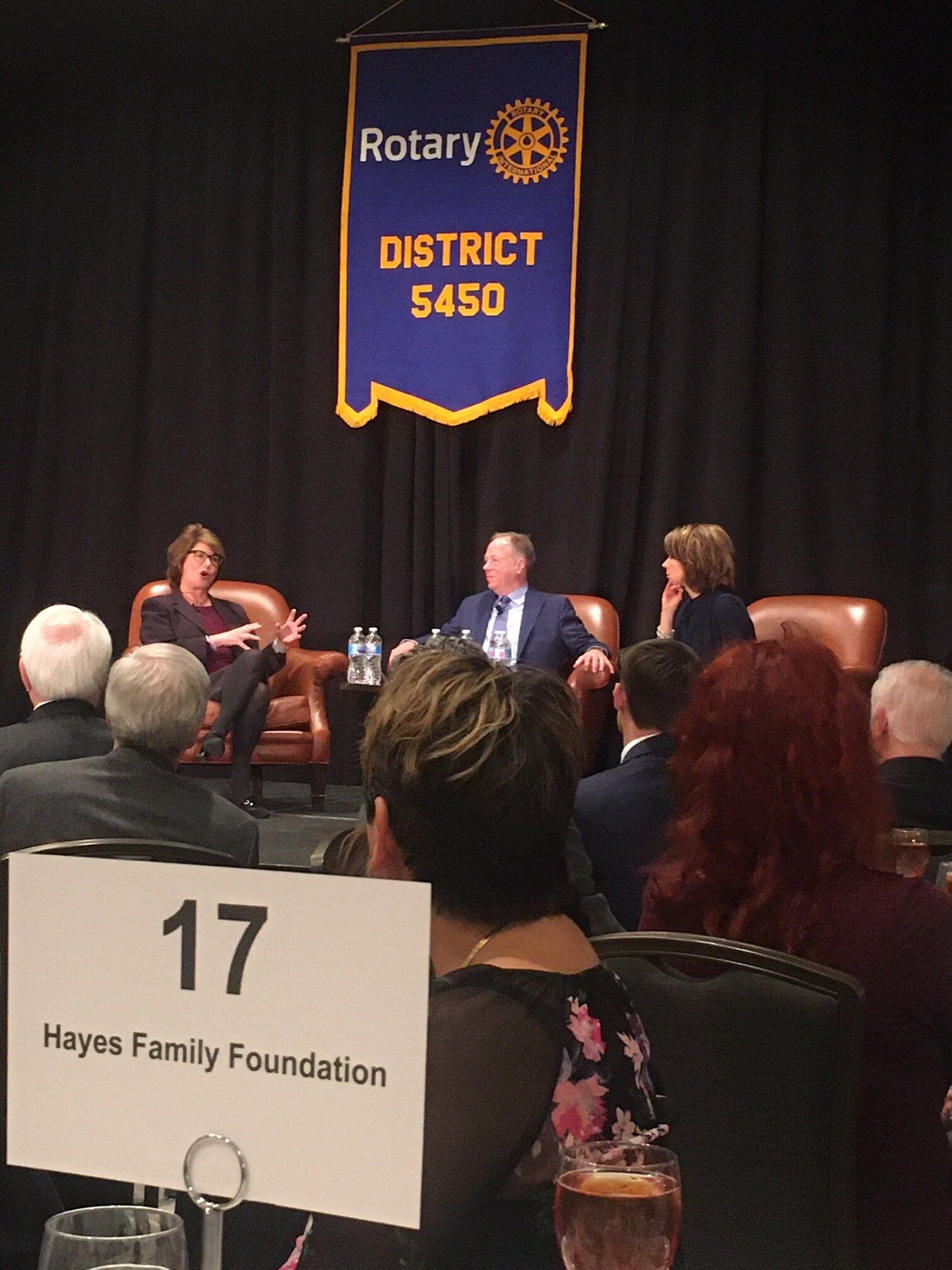Redefining Social Interaction and Impact
On March 5, we filled two tables of friends, family and mental health supporters at the annual District 5450 State of the State Luncheon and Mental Health Expo. We attended powerful symposiums on the impacts of youth suicide, inspiring stories of hope, and tangible approaches to decreasing suicide. While the threat of COVID-19 was apparent in elbow greetings, the current statistics discussed unveiled more deaths by suicide. In a conversation-form presentation (my favorite because it creates a feeling of intimacy, something I very much miss right now), Mental Health Center of Denver’s Dr. Carl Clark shared his calm but undeniable perspective on the mental healthcare realities: a decrease in new psychiatrist physicians, society's concerning focus on accomplishments over well-being, and our retreat into technology. He held up his cell phone and shared that the ATM was the first machine to replace human interaction and that the ATM’s inventor’s wife never used it; she preferred in-person conversations with other bank customers. Linda Rosenberg, formerly with the National Council for Behavioral Health, articulated the reality of fiscal challenges to providing accessible, high quality and affordable services. The room was inspired to make an impact, pursue more grassroots projects, partner with non-profits and implement proven strategies. The momentum was exhilarating!
Fast forward a month, where we are collectively staying-at-home. In our family home, rather than limiting technology time we have increased it to create social interaction (Dr. Clark's story of preferring in-person interaction greatly resonating). We have downloaded face-to-face apps and encouraged my sixth-grade son to engage on the same cell phone we deliberated over at Christmas even allowing him to have. We have watched seven-year-olds’ hilarity during online play dates. Our bedroom is no longer the relaxing end-of-day sanctuary, but instead my husband’s workspace where he works more hours than ever before (we are grateful he retains employment). We continue to isolate from daily social interactions and planned gatherings, just like everyone in our city, country and world. And we do this with grave concern. Concern for the same mental health providers now in an exacerbated situation of challenges. Concern for the mental health of those deemed essential, medical providers we hope to never see with my and my daughter’s history of asthma. Concern for the gloved grocery store worker my husband picks up groceries from once a week. Concern for all.
As for the Family Foundation, events we sponsored were postponed and our beneficiaries' doors were closed. Our small staff prioritized the mental health (and health) of our children and put the momentum of grant review on hold while we created new family routines when school abruptly closed. Now in a new rhythm, we had our first virtual staff meeting. We strategized on how to best support nonprofits without straying from our mission or making promises we cannot keep. We are slowly reaching out to every nonprofit we support, with the hope of making a small, but meaningful impact, during this unprecedented time. (By Lindsey Hayes Daly, Executive Director)

